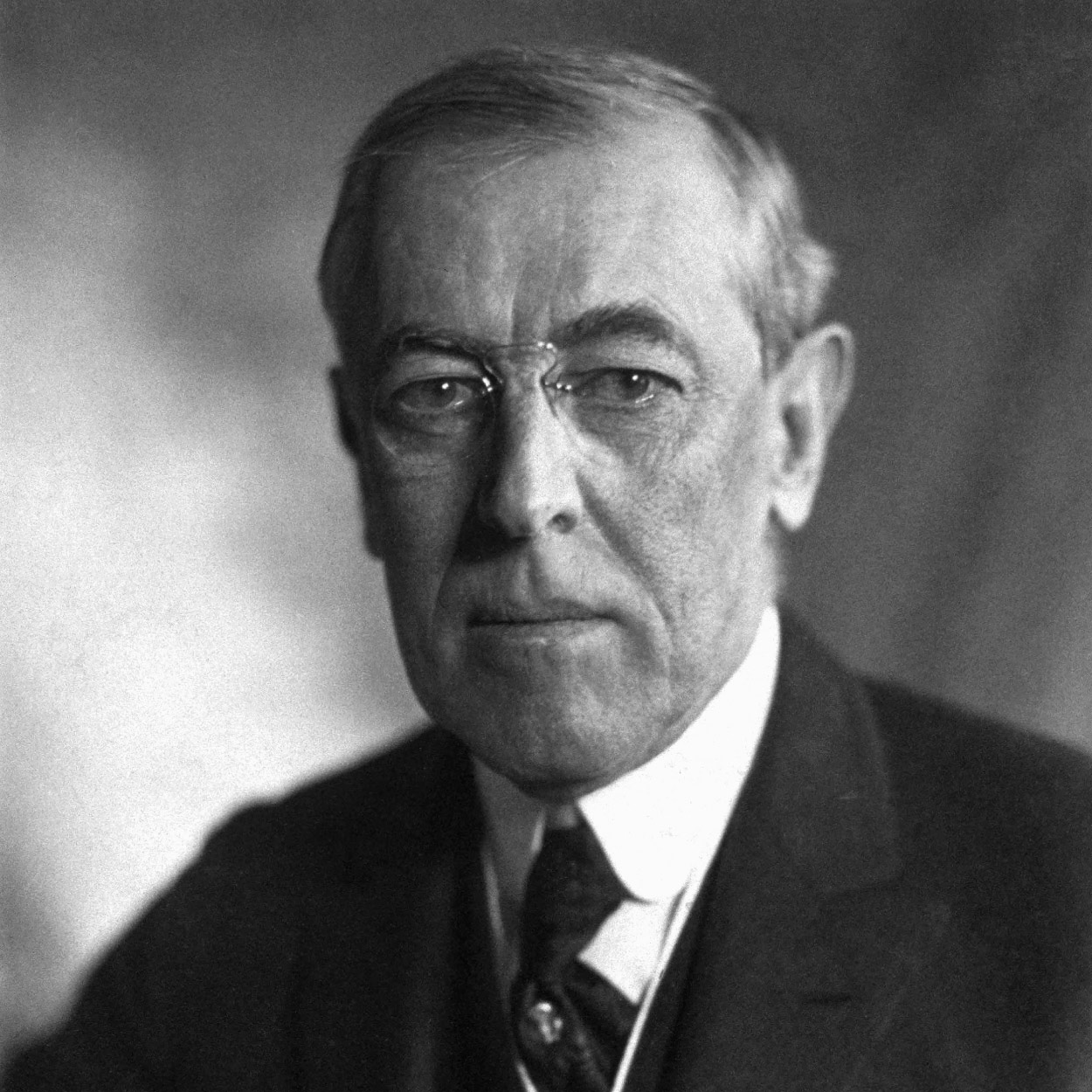When they get laid off and can't work and can't get paid for weeks or months around Christmas they are going to Curse the names of Musk and Trump.
This is a really bad sign of just how crazy Musk and Trump are going to make things for the American People! Starvation city for the lower 50% of Americans economic wise.
And another thing to worry about now is the Bird Flu which may kill it's first victim in Louisiana. If that happens we might have another Covid type of illness only worse for all humans on earth starting here in the U.S. like the Spanish Flu did in 1918 to 1920. Woodrow Wilson actually died from complications due to the Spanish Flu. It says here that 50 million people died worldwide from Spanish Flu and this flu also killed more U.S. Soldiers than actually died in World War I.
Woodrow Wilson could have prevented World War II had he stayed alive instead.
begin quote from Google AI:
- The Influenza Epidemic of 1918National Archives
- History of 1918 Flu Pandemic - CDC ArchiveThe 1918 influenza pandemic was the most severe pandemic in recent history. It was caused by an H1N1 virus with genes of avian ori...CDC Archivemore regarding Woodrow Wilson, President from 1913 to 1921. begin quote from:https://www.whitehouse.gov/about-the-white-house/presidents/woodrow-wilson/The White House
Spanish flu | |
|---|---|
Date | February 1918–April 1920 |
Virus | H1N1 subtype of the influenza A virus |
Number of infected | 500 million people, or one-third of the world's population |
Number of deaths | 17–100 million, with the generally accepted estimate being 25–50 million |
Hardest hit groups | Young adults, elderly, and young children |
Symptoms | A three-day fever, and cyanosis, a blueish-purple tinge that spread from the extremities |
Prevention | Isolation, quarantine, good personal hygiene, and limiting social interaction |

Woodrow Wilson
The 28th President of the United States
The biography for President Wilson and past presidents is courtesy of the White House Historical Association.
Woodrow Wilson, a leader of the Progressive Movement, was the 28th President of the United States (1913-1921). After a policy of neutrality at the outbreak of World War I, Wilson led America into war in order to “make the world safe for democracy.”
Like Roosevelt before him, Woodrow Wilson regarded himself as the personal representative of the people. “No one but the President,” he said, “seems to be expected … to look out for the general interests of the country.” He developed a program of progressive reform and asserted international leadership in building a new world order. In 1917 he proclaimed American entrance into World War I a crusade to make the world “safe for democracy.”
Wilson had seen the frightfulness of war. He was born in Virginia in 1856, the son of a Presbyterian minister who during the Civil War was a pastor in Augusta, Georgia, and during Reconstruction a professor in the charred city of Columbia, South Carolina.
After graduation from Princeton (then the College of New Jersey) and the University of Virginia Law School, Wilson earned his doctorate at Johns Hopkins University and entered upon an academic career. In 1885 he married Ellen Louise Axson.
Wilson advanced rapidly as a conservative young professor of political science and became president of Princeton in 1902.
His growing national reputation led some conservative Democrats to consider him Presidential timber. First they persuaded him to run for Governor of New Jersey in 1910. In the campaign he asserted his independence of the conservatives and of the machine that had nominated him, endorsing a progressive platform, which he pursued as governor.
He was nominated for President at the 1912 Democratic Convention and campaigned on a program called the New Freedom, which stressed individualism and states’ rights. In the three-way election he received only 42 percent of the popular vote but an overwhelming electoral vote.
Wilson maneuvered through Congress three major pieces of legislation. The first was a lower tariff, the Underwood Act; attached to the measure was a graduated Federal income tax. The passage of the Federal Reserve Act provided the Nation with the more elastic money supply it badly needed. In 1914 antitrust legislation established a Federal Trade Commission to prohibit unfair business practices.
Another burst of legislation followed in 1916. One new law prohibited child labor; another limited railroad workers to an eight-hour day. By virtue of this legislation and the slogan “he kept us out of war,” Wilson narrowly won re-election.
But after the election Wilson concluded that America could not remain neutral in the World War. On April 2,1917, he asked Congress for a declaration of war on Germany.
Massive American effort slowly tipped the balance in favor of the Allies. Wilson went before Congress in January 1918, to enunciate American war aims–the Fourteen Points, the last of which would establish “A general association of nations…affording mutual guarantees of political independence and territorial integrity to great and small states alike.”
After the Germans signed the Armistice in November 1918, Wilson went to Paris to try to build an enduring peace. He later presented to the Senate the Versailles Treaty, containing the Covenant of the League of Nations, and asked, “Dare we reject it and break the heart of the world?”
But the election of 1918 had shifted the balance in Congress to the Republicans. By seven votes the Versailles Treaty failed in the Senate.
The President, against the warnings of his doctors, had made a national tour to mobilize public sentiment for the treaty. Exhausted, he suffered a stroke and nearly died. Tenderly nursed by his second wife, Edith Bolling Galt, he lived until 1924.
Learn more about President Wilson’s first wife, Ellen Axson Wilson, who died during her term.
Learn more about President Wilson’s second wife, Edith Bolling Galt Wilson.
No comments:
Post a Comment